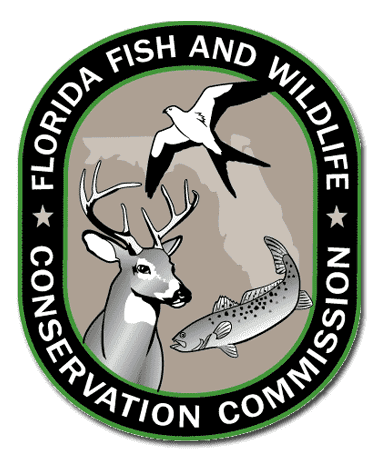Public Comment Sought for Monroe Anchoring Ordinance in Florida

The Florida Fish and Wildlife Conservation Commission (FWC) is requesting public comment for the next one-and-a-half weeks on the proposed anchoring and mooring ordinance for Monroe County.
Monroe County was chosen as a site for a legislatively directed anchoring and mooring pilot program, as were Martin County and its city of Stuart, and Sarasota, St. Augustine and St. Petersburg.
The goal of the program is to explore potential options for regulating the anchoring or mooring of non-live-aboard vessels outside the boundaries of public mooring fields. Among other things, this should help promote public access to Florida’s waters, enhance navigational safety and protect the marine environment.
The local government for each participant site is responsible for soliciting public input for its ordinance-development process. Monroe County has held public-input meetings to gather suggestions and information on local problems related to anchoring and mooring in the area.
The FWC’s role is to provide consultation and technical assistance. The Monroe County ordinance has been posted at MyFWC.com/Boating (click on “Anchoring & Mooring”), and members of the public are asked to provide comments through July 23. The site also contains more information on the pilot program, or people may call 850-488-5600.

